Automaker Snaps Up New Hudson Valley Logistics Property
Industrial space in this market is in high demand from tenants.
An auto manufacturer has preleased the entirety of an unfinished industrial development, the 540,000-square-foot Hudson Valley Logistics Center in East Fishkill, N.Y. The tenant, which has not been identified, plans to use the facility as a parts distribution hub.
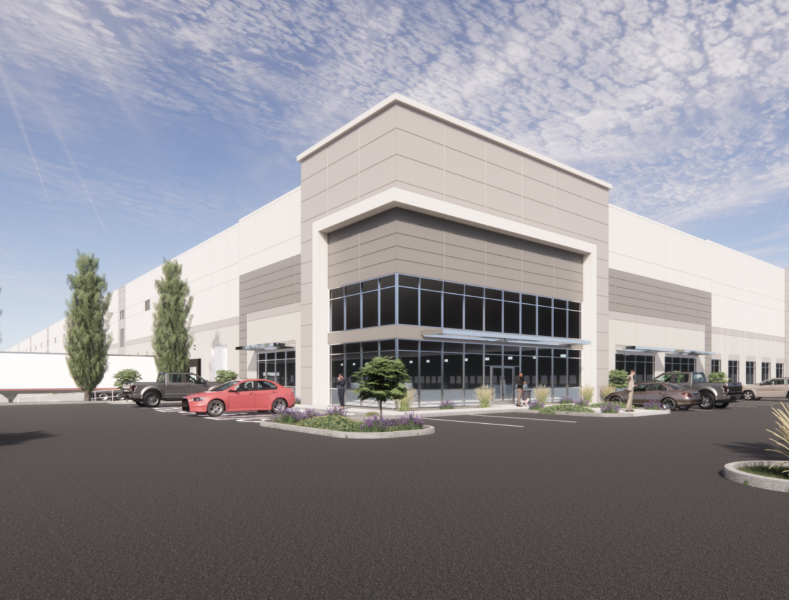
The property, which will be complete in the third quarter of this year, is a development of Bluewater Property Group and its joint venture partner Affinius Capital, previously known as USAA Real Estate and Square Mile Capital Management, which has $32 billion in assets under management.
Hudson Valley Logistics Center is off Interstate 84, a short distance from the meeting of that highway with Interstate 87. The property features 36-foot clear ceilings, 120 dock positions, three drive-in doors, 134 trailer stalls and parking for 212 cars.
JLL brokered the prelease of the Hudson Valley Logistics Center, advising both tenant and landlord on the deal. JLL Executive Managing Director James Panczykowski characterized the Lower Hudson Valley market as one of limited inventory, with occupiers eager to lock in new space.
READ ALSO: How Reshoring Is Driving Industrial Real Estate Demand
Demand for high-quality logistics in the Lower Hudson Valley market drove 1.4 million square feet of Class A absorption there during the first quarter of this year, according to JLL data. By contrast, tenants left a net of 675,000 square feet of Class B and Class C industrial space in the market during the same quarter.
Last year, Tesla leased 927,000 square feet at Matrix Logistics Center, a two-building distribution facility in nearby Newburgh, N.Y. Tesla uses the property for parts distribution.
Industrial demand down for now, but not forever
Demand for industrial space has moderated in recent quarters, as consumer demand for online goods has likewise moderated. Overall, the first quarter of 2024 marked the sixth consecutive quarter of declining absorption for industrial markets nationwide, according to JLL, as demand continued to normalize.
Over the longer run, however, the effort to reshore much industrial production and distribution closer to the U.S., or in the country, could increase the size of the U.S. manufacturing base by 6 percent to 13 percent over the next decade, according to a recent report by Newmark, an increase that stands to benefit industrial markets close to population centers.
The U.S. currently has less than 5 billion existing square feet of manufacturing inventory among all of its industrial space. Market expansion due to reshoring could create upward of 10 percent of that entire stock—500 million square feet—in the next decade alone, Newmark estimated.

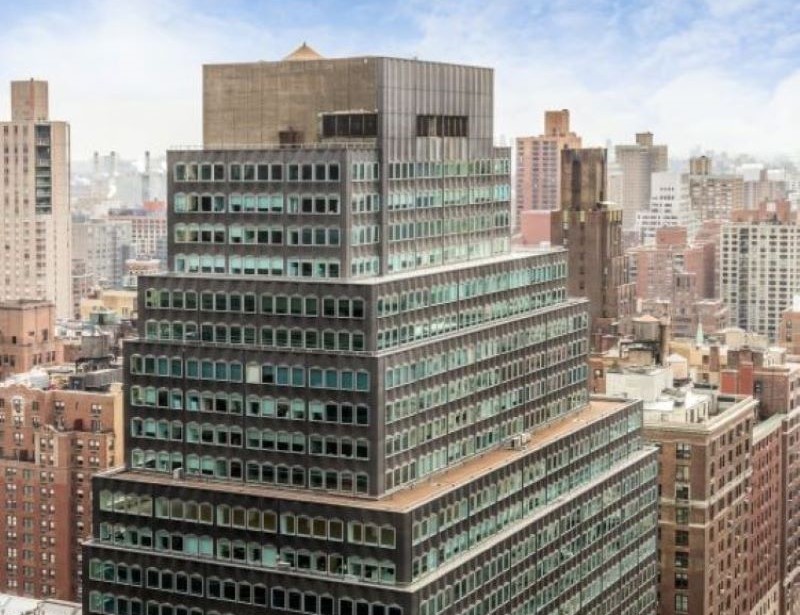

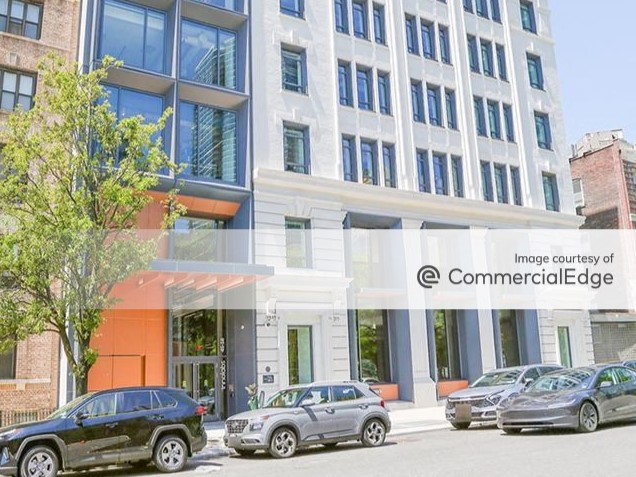
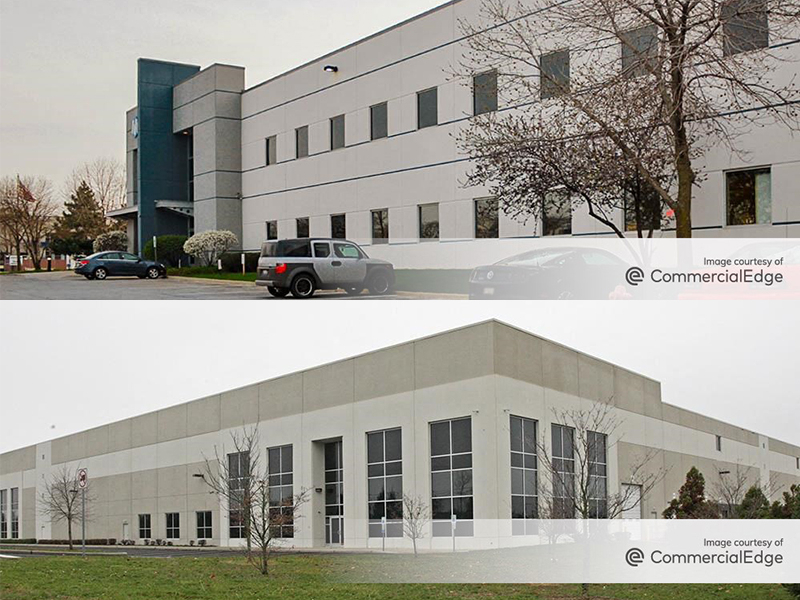
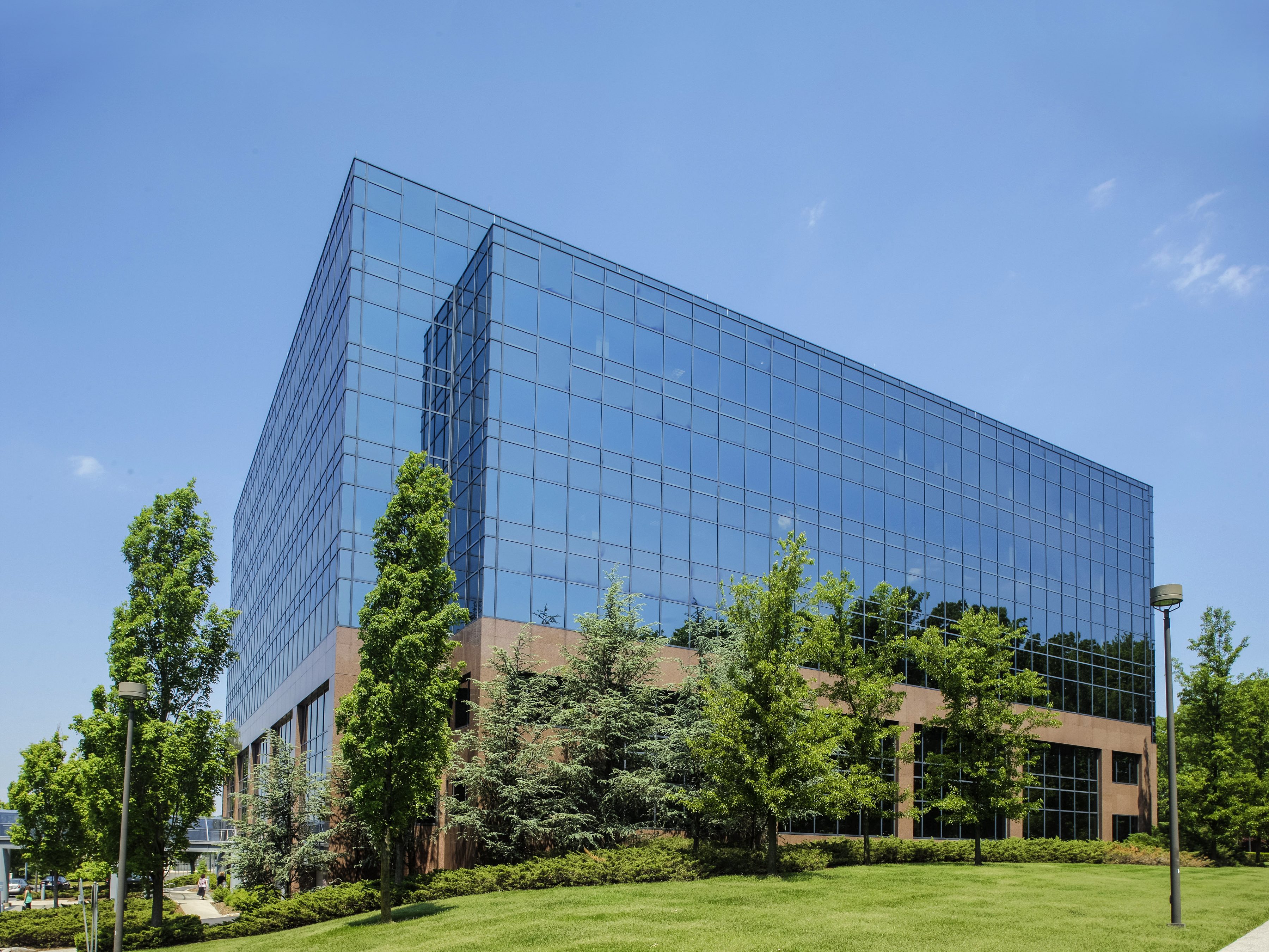
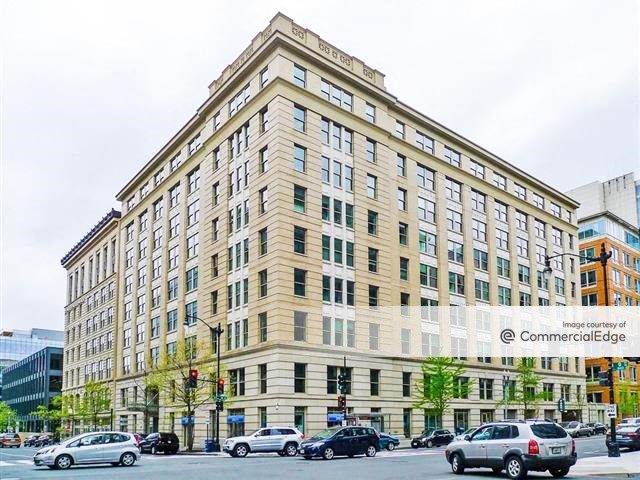
You must be logged in to post a comment.